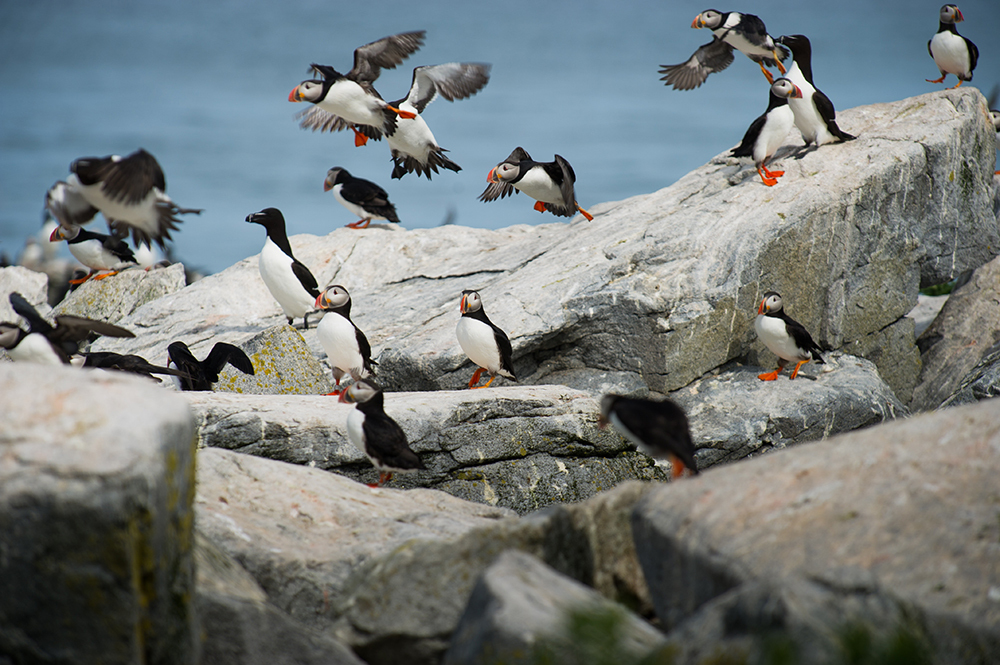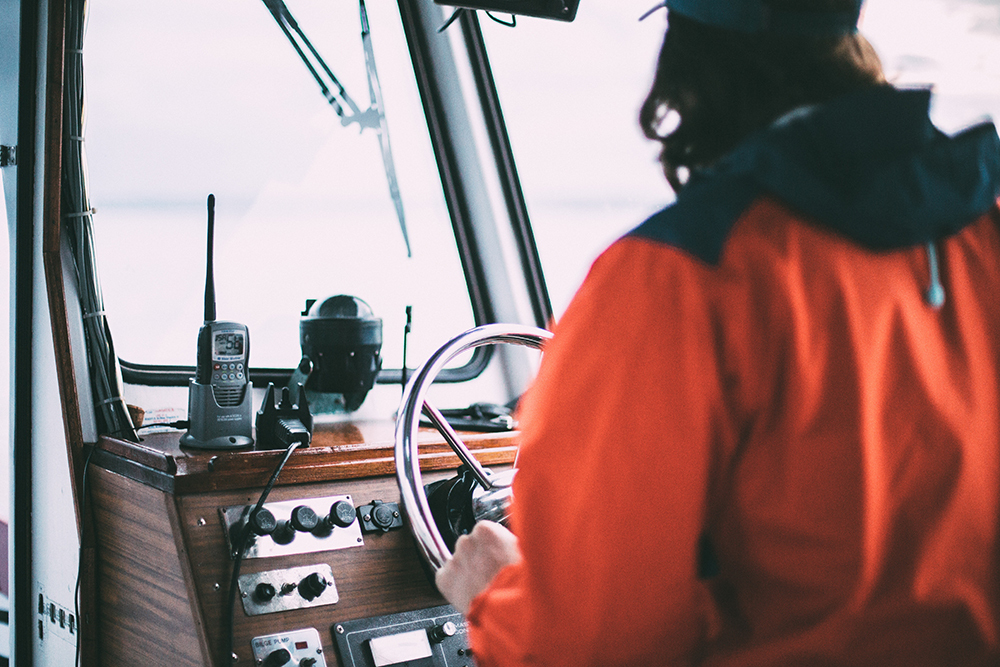Future Ocean and Coastal Infrastructures We are linked closely to the ocean through physical/built infrastructures such as ports, vessels and navigation technology, natural infrastructures like coastlines, sea currents and fish habitats, and societal infrastructures such as seafood markets, marine shipping regulations, and cultural traditions and knowledge of coastal communities. Climate and ocean ecosystem changes are interacting with the changing built and societal infrastructures on which we rely. Coupled with extreme weather, coastal erosion, sea level rise, and more, these changes are creating new risks and challenges for the ocean industries and coastal communities that link us to the ocean. Researchers on the Future Ocean and Coastal Infrastructures project are re-thinking the way we design, develop, and manage infrastructures, with an overarching aim to ensure the designs of our future infrastructures are sustainable, safe and inclusive.
Learn More 







































































































